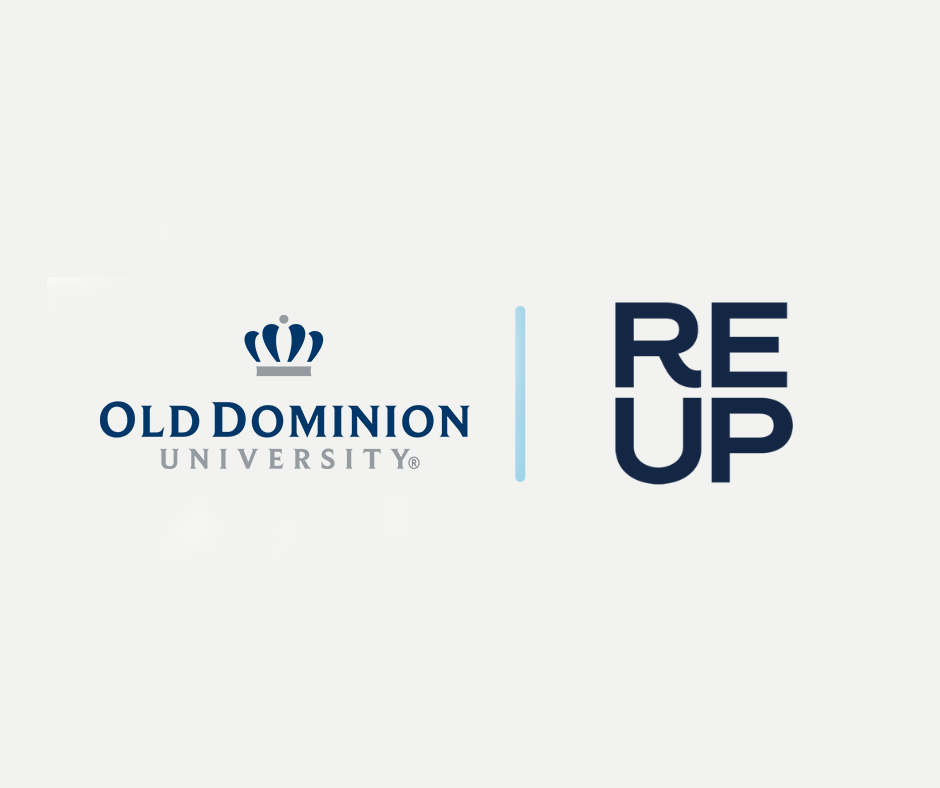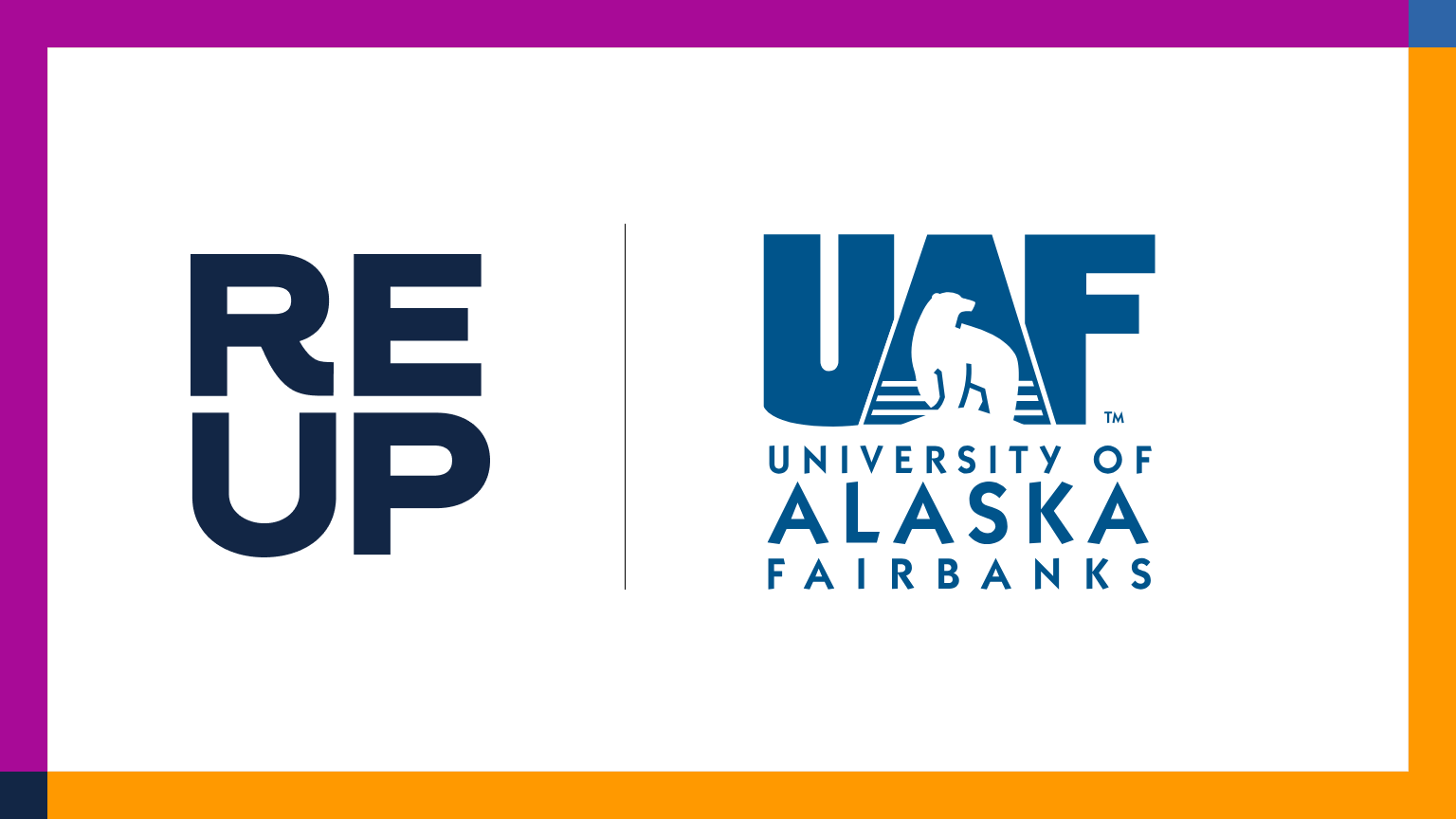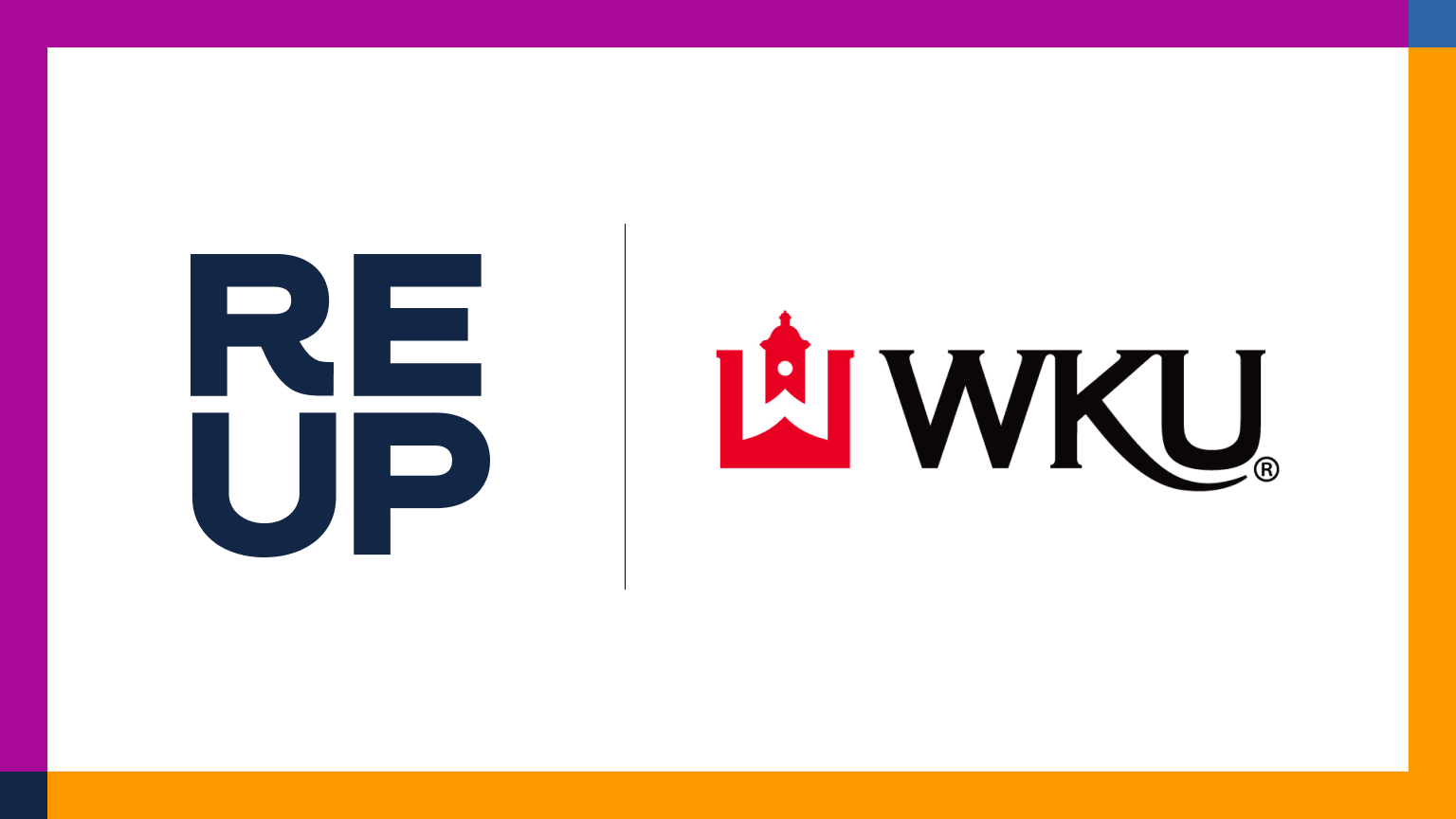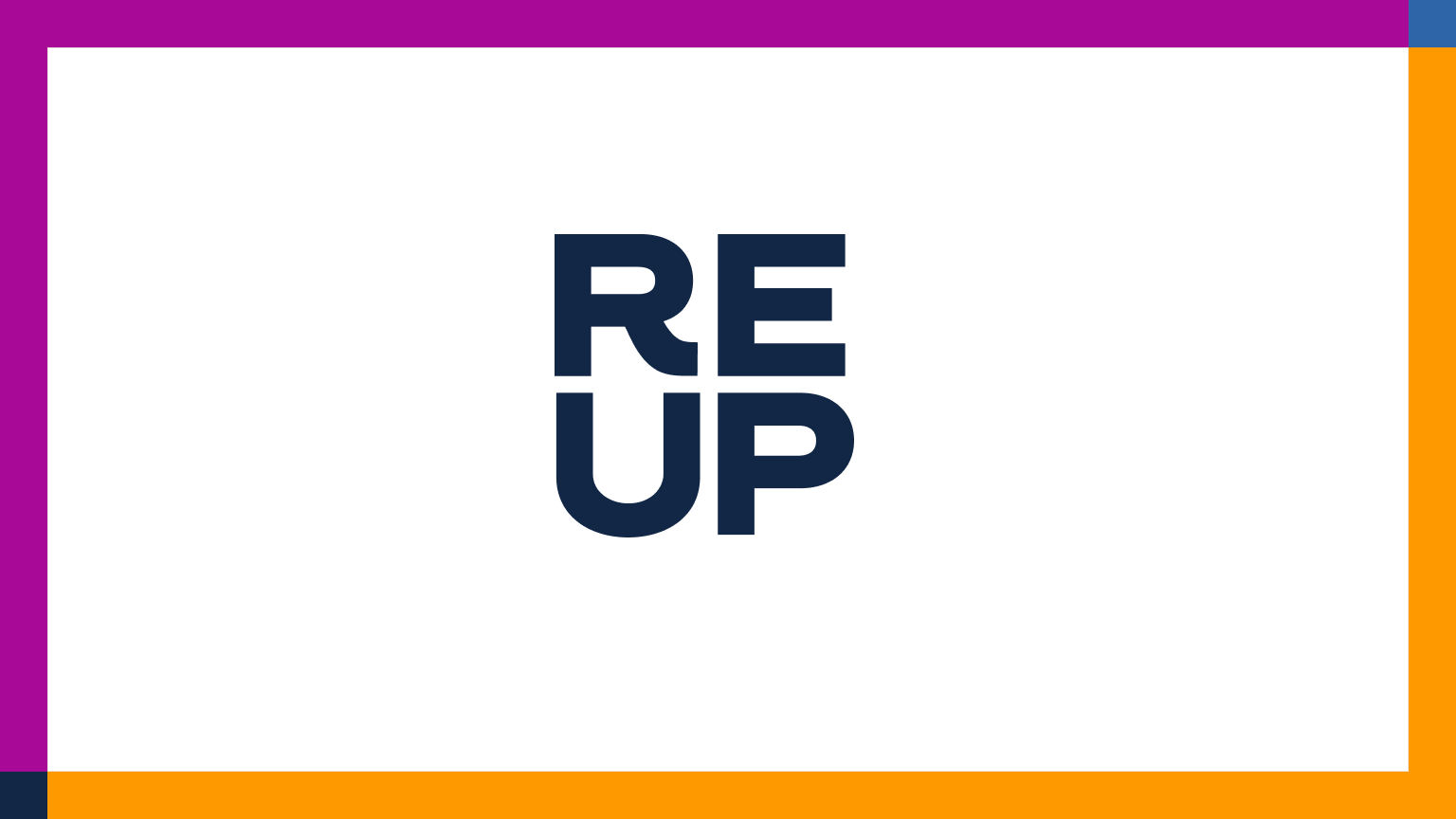Late last year, a flurry of research shed light on America’s college completion crisis. According to the National Student Clearinghouse, about 36 million Americans have completed some postsecondary education but have not earned a degree and are not enrolled.
It’s a challenge with tremendous implications for the country’s economic future — which have become even more dramatic during the COVID-19 pandemic. On average, a college degree translates to $1 million in additional earnings over a lifetime. And college graduates are half as likely to be unemployed as those with a high school degree. As the U.S. economy spirals toward a recession, students who have stopped out of college will be among those who feel it the most.
This crisis is occurring as higher education institutions struggle to respond to the virus while meeting the needs of an increasingly diverse student population. Nearly 40% of today’s college students are older than 25, and about the same percentage attend school part-time. One-third are the first in their families to go to college. At Old Dominion University, half of our first-time freshmen are first-generation college students, and 42% of our undergraduates receive Pell Grants.
As the students we once called “nontraditional” become the new normal, the reasons students stop out of school are becoming increasingly clear. A recent report from Strada Education Network, released pre-COVID-19, found that the challenge of balancing school and work was the primary reason for stopping out. Financial pressure came in a close second.
The report also points the way toward addressing this crisis, drawing connections between college completion and high-quality academic and career advising. As the report puts it, “Students need to see how their education connects to a purpose.” Today, with students facing more uncertain job prospects, those connections have become even more important.
In our work at Old Dominion, we’ve seen firsthand the types of challenges faced by students as they navigate often-complex pathways to and through higher education. What we’ve learned is that no single solution is enough — but a network of approaches, designed to complement one another, can have a transformative impact. Our experience navigating this crisis may offer a roadmap for other institutions seeking to provide more support for students, especially those who come from low-income backgrounds or are the first in their families to attend college.
Like most campuses, we have moved all face-to-face classes online, building on ODU’s robust existing online presence. Platforms like Blackboard can help us understand who is logging in to attend class and complete assignments, enabling us to follow up personally with students who have “disappeared” to make sure they get re-engaged with their classes.
Outside the realm of academics, we’ve developed an online portal for Student Engagement & Enrollment Services to provide students a one-stop site to access each of ODU’s support areas. Counseling and success coaching services are conducting sessions via video conference, and we have established a 24/7 counseling service providing immediate assistance to students.
We’re working with ReUp Education to help students who have stopped out return to campus, offering personalized support as they navigate the re-enrollment process. This work hasn’t slowed down with the outbreak of COVID-19. If anything, it’s become more important as we reach out to students whose personal and professional lives have been affected by the crisis.
Individually, each of these initiatives would yield incremental progress toward advancing student success. Together, they’re making a measurable difference in helping ODU students persist and complete their degrees. We don’t yet know how long this new world will last or what things will look like on the other side. But we’ve found that by bringing these ideas and services together, we’ve helped students get the education and support they need at a time when it has never been more important.
Don Stansberry is interim vice president of student engagement and enrollment services for Old Dominion University.



